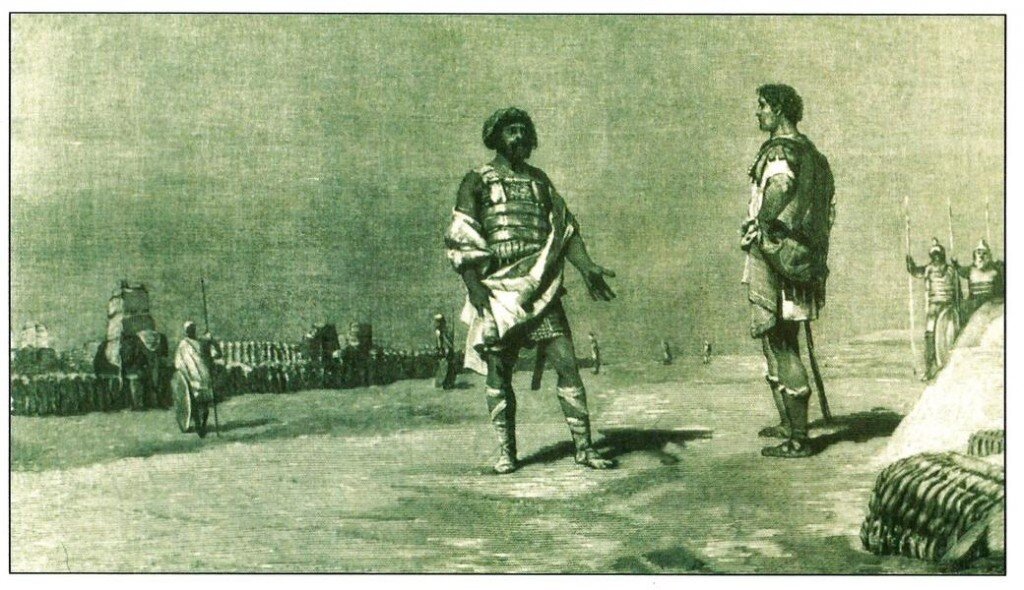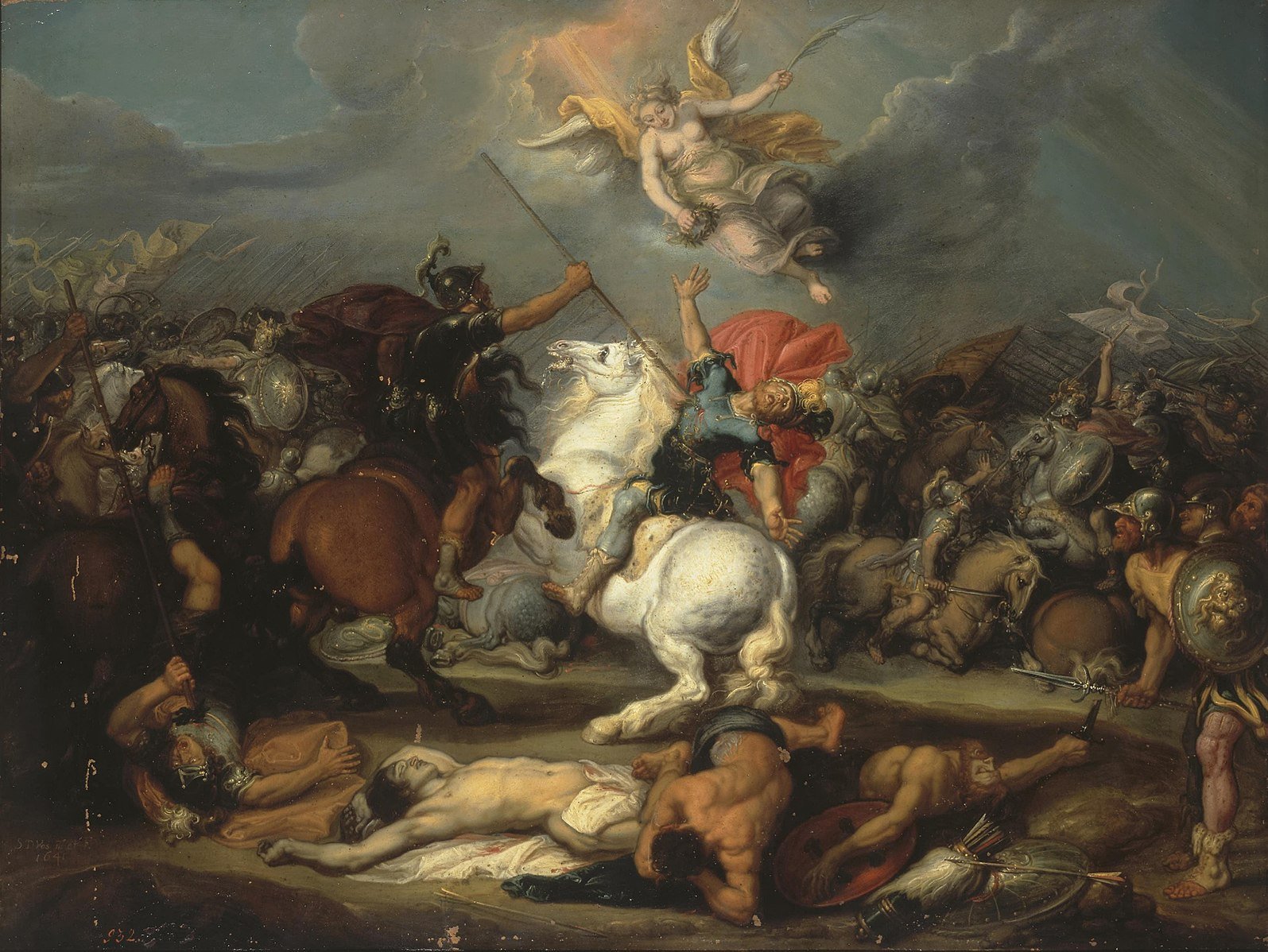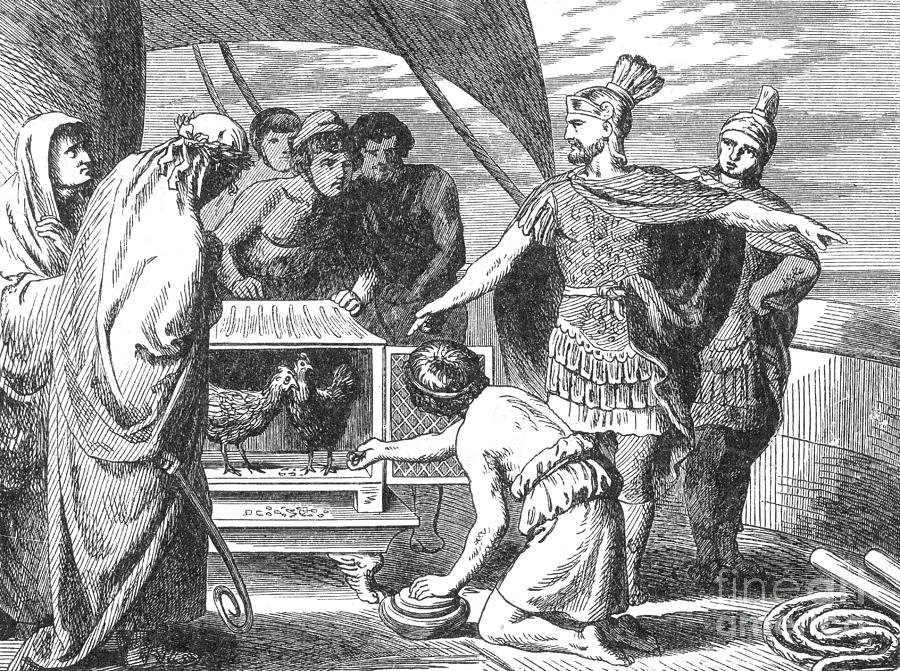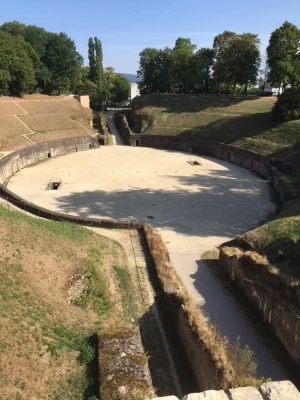The Jewish War Josephus: Book Review
In which Tim discusses this detailed record of one of Rome’s most hard fought campaigns in the first century AD. 21st Century relevance alert!
The destruction of the second temple in Jerusalem in AD70 was the climax of a bitter siege by the Romans under Titus as they sought to end the Jewish rebellion. It is a seminal episode in history that started the process of scattering the Jews away from their own homeland. This had a mournful effect throughout the following two millennia. Those echoes still reverberate today.
The author, Josephus, was a Jewish priest who turned rebel general in the uprising against the Romans in the AD60’s before switching sides, eventually working with the Romans against the Zealots holed up in Jerusalem.
The Jewish War is a detailed book which traces the origins of the first century Jewish rebellion against their Roman masters. The first part deals with the history of the Jews from the second century BC. Lots of Antipaters and Herods (there seem to be about only three names in Judea!) back stabbing each other. On top of the palace intrigues, overlay Roman general Pompey who conquers Judea as a side hustle in his battle to defeat Mithridates in the 60’s BC. The Romans impose their own dynasty onto the Jews and now we have Herod the Great and his family added to the mix. Over the next hundred years or so, there’s more backstabbing, incompetent and venal Roman governors, lots of Jewish in-fighting - both political and religious - until we hit the mid 60’s AD and the whole thing kicks off.
Rome had a major rebellion on its hands.
Nero appointed Vespasian to command the Roman forces to put down the insurrection. His force consisted of four regular legions supplemented by local levies from the allied kingdoms around Judea. Vespasian was supported by his son Titus. When Nero was overthrown in 68AD, Vespasian left the conflict to pursue his own imperial ambitions (he became emperor in 69AD) and it was Titus that conducted the final stages of the war including the climatic siege of Jerusalem.
Like Caesar in his Gallic Commentaries and Civil War books, Josephus is a participant in the events but - in the main - prefers to write about himself in the third person. It’s a literary device that tends to obscure bias but, that aside, the narrative is gripping as the Romans slowly, slowly, bring the province to heel. There’s sieges and battles, ambushes and massacres on both sides. It’s brutal. There’s zealotry (yes, the religious fanatics are indeed called Zealots!) there’s stupidity, venality amidst the chaos as well as great feats of organised warfare from the Roman legions as they close in on the Temple.
The Temple is burnt - according to Josephus - by accident, by the stubbornness of the zealots, against the wishes of Titus and the Romans moving in for the kill as the siege gradually comes to an end. The people of Jerusalem are main victims; hemmed in between the Zealots who won’t let them leave and the Romans who have to take the city. Innocents always suffer when the dogs of war are let loose.
For anyone interested in Roman history, I would recommend this book. You will be immersed into a small corner of the empire, how the army operated as well as constantly being reminded that the cities and provinces where the action takes place so long ago are still very much part of an evolving history.
What do I conclude?
The over-riding feeling I got from reading this book, is the unchanging aspect of human nature. The Jews and Romans of 2000 years ago are no different from ourselves. These days we blithely tend to follow the maxim that the past is a foreign country and that they do things differently there. However, I’m tempted to disagree; the actors may change but the play remains the same. The people who inhabited the Roman world are all too recognisable.
So my takeaway from this detailed book - which gives really useful information about the two hundred years around the birth of Christ (and yes, Jesus seems to be a common Jewish name too!) - is that for all our progress materially since the first century AD, we are just one small step away from brutality always.
It’s a sobering thought.

































